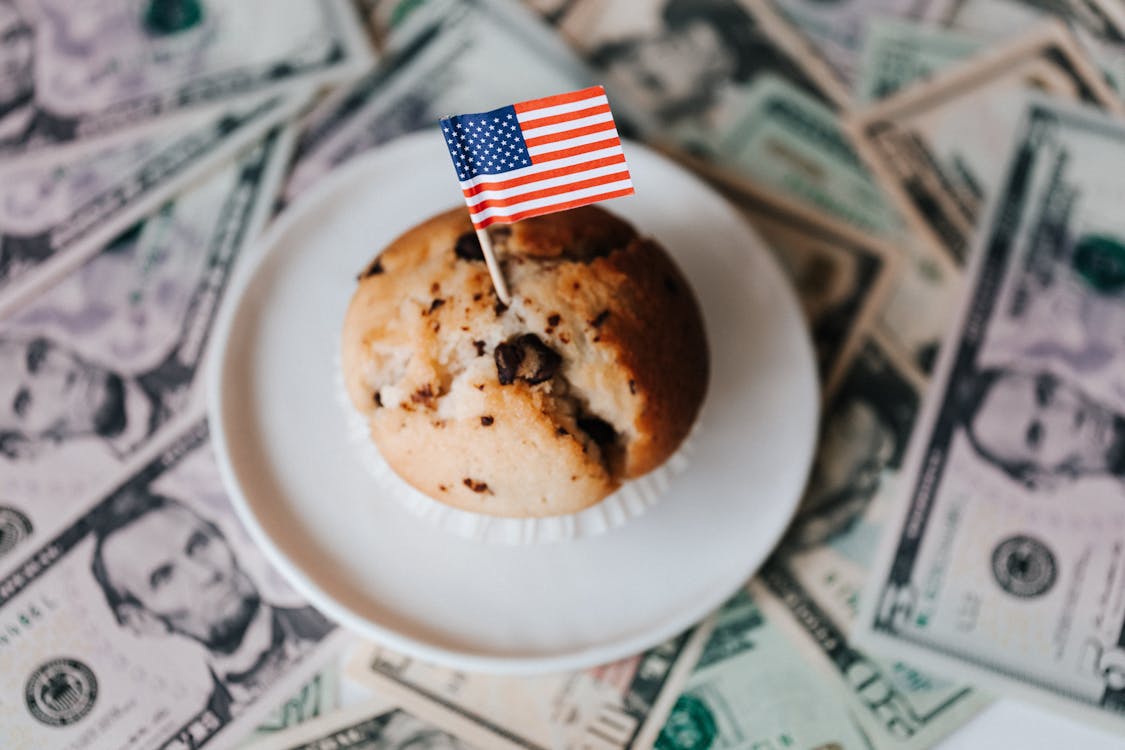The Ghost Of Richard Nixon And The Golden Anniversary

Image Source: Pexels
Everyone has their own memory of Richard Milhous Nixon, aka "Tricky Dick". Most might assume the moniker stems from his involvement in Watergate. Some claim its origins lie elsewhere. As I mentioned in my first book, Escaping Oz: Protecting your wealth during the financial crisis, and Escaping Oz: Navigating the Crisis Richard Nixon effectively killed the World War II-era Bretton Woods Agreement. In a nutshell, Bretton Woods made the US Dollar (USD) the financial anchor for the world by equating it with a fixed amount of physical gold. Wars (wars are expensive) and the expansion of social programs led to outsized deficits (though minuscule compared to our present condition) and foreign trading partners wanted their cut of the US gold stock in exchange for USD.
Nixon assured everyone that the suspension of convertibility (USD for gold) was temporary. There's an old joke about nothing being as permanent as a temporary government measure (mull that over when you consider governmental action of the last 18 months). The temporary suspension was to precede a new international monetary conference to move convertibility from $35 to one ounce of gold to something higher, likely much higher. There was no international conference and we ushered in a world of floating exchange rates.
To the surprise of some, the international system of commerce and finance continued with the USD as the big dog in the neighborhood. The big dog had to navigate rough patches. There was inflation in the 1970s and financial crises in 1994, 1998, 2008, and most recently 2020. The United States also uses the USD as a geopolitical hammer to bring nations to heel when there's a deviation from US-prescribed policies — ask Iran, Russia, China, Venezuela et. al. That hammer is losing its effectiveness and it's not logical to assume that those taking the geopolitical beatings will keep their noggin in the path of the hammer. Countries have found ways around the USD and the currency's disintermediation is just getting started.
Nixon's withdrawal from Bretton Woods also placed central banks and governments in the role of money and interest rate managers. That led to currency wars. It's also led to economic and financial distortions that contributed to the massive wealth and income inequality evident today. At some point, the public was going to mount their own protests. While we might remember Occupy Wall St. and the Arab Spring, something perhaps more consequential occurred during the 2008 Global Financial Crisis (GFC).
In 2008, someone, or perhaps more than one person, with the pseudonym Satoshi Nakamoto penned a whitepaper for a cryptographically secured digital currency that operated in a trustless environment. What was that trustless environment? The Internet. Since that time, Bitcoin (BTC) has become a de facto USD on the Internet. It's become money for the Internet. Have you ever noticed that Bitcoin's graphical representation is frequently painted in gold? That's no coincidence.
In the last few years, we've seen development of other cryptocurrencies and tokens each born, more or less, from its ancestor, BTC. (Note: the use of the term "cryptocurrency" is a misnomer since a currency refers to flag money or sovereign money from a nation. To stay consistent with popular vernacular, I'll use the term cryptocurrency.) Private forms of value exchange, like BTC, are redefining money as something controlled by governments and central banks to something defined by math and technology.
The empire would soon fight back. The development of Central Bank Digital Currencies (CBDC) are a tacit acknowledgment that digital currencies like BTC and its offspring have been successful. We'll see the first coming out party during the Winter 2022 Olympics in Beijing when the world will see the digital Yuan. CBDC introduce significant economic, political, and social concerns. As I forecast in my essay, Post-COVID America, the notion of a trillion-dollar deficit would become meaningless — it would be multiples of that. It's been largely true, as uttered by Dick Cheney, that deficits don't matter. That's true in a TINA (There Is No Alternative) world, though now we have alternatives like BTC and other digital mediums of exchange.
CBDC can facilitate deficit spending in unimaginable ways. It can also exert degrees of financial, economic, and social control that makes the COVID Orwellian environment even more frightening. You won't just have to worry about getting de-platformed from social media. You'll need to worry about having your CBDC remittance canceled.
Despite everything you just read, the USD is not going to die anytime soon. In fact, I suspect in the near-term you'll see the USD rise against a basket of currencies, the reasons of which are too lengthy to explore in this article. That international monetary conference that was supposed to occur after the "temporary" suspension by Tricky Dick, it's in our future.
Also, despite misgivings you may have about cryptocurrencies like Bitcoin, they are not going away. No one knows what Bitcoin's ultimate exchange value will be relative to the USD. To believe, however, that given our checkered history with money, geopolitics, central bank and government interventions in the economy, and wealth/income inequality, that somehow digital currencies like BTC will seek to exist, is at best myopic.
It's ironic that I pen this article about a golden anniversary commemorating a decision about gold. The ghost of Richard Nixon arrives just in time to join us in watching the unfolding drama of the birth of digital money!
Disclosure: None.



